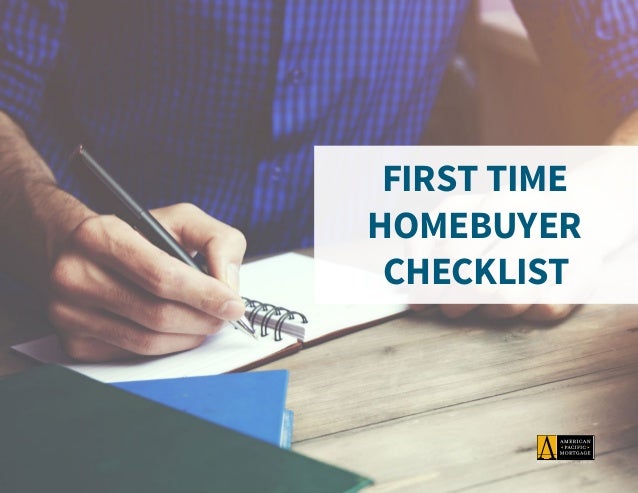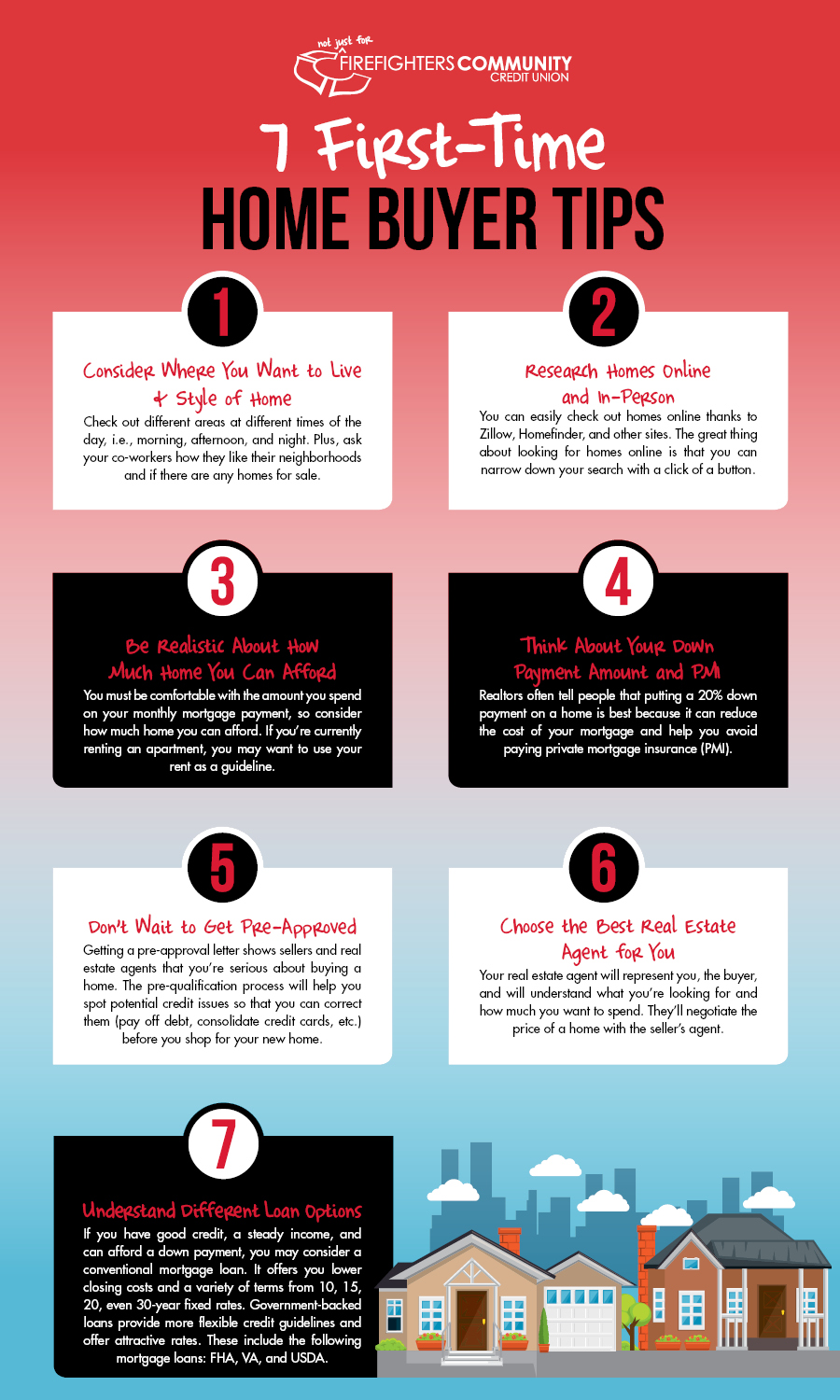Understanding the Home Buying Process: A Beginner’s Primer
Embarking on the journey to homeownership can be a daunting experience, especially for first-time buyers. To navigate the complex process, it’s essential to understand the local real estate market, get pre-approved for a mortgage, and identify key players in the transaction. What do first-time home buyers need to know to make informed decisions? A solid grasp of the home buying process is crucial to avoiding costly mistakes and ensuring a smooth transition to homeownership.
The home buying process typically begins with a pre-approval for a mortgage. This step provides an estimate of the amount a lender is willing to lend, based on the buyer’s credit score, income, and debt. With pre-approval in hand, buyers can confidently begin their home search, knowing exactly how much they can afford. Understanding the local real estate market is also vital, as it helps buyers identify trends, prices, and the quality of homes in the area.
Key players in the transaction include real estate agents, lenders, attorneys, and inspectors. Each plays a critical role in facilitating the home buying process. Real estate agents provide valuable guidance on the market, help with negotiations, and ensure a smooth transaction. Lenders offer financing options, while attorneys review contracts and ensure the buyer’s rights are protected. Inspectors examine the property for potential issues, giving buyers peace of mind.
By grasping the fundamentals of the home buying process, first-time buyers can make informed decisions and avoid costly mistakes. What do first-time home buyers need to succeed? A solid understanding of the process, a clear vision of their goals, and a willingness to ask questions and seek guidance when needed. With the right mindset and knowledge, first-time buyers can confidently navigate the home buying process and achieve their dream of homeownership.
How to Get Your Finances in Order: A First-Time Home Buyer’s Checklist
Before starting the home buying process, it’s essential to get your finances in order. What do first-time home buyers need to do to prepare? A thorough review of their financial situation is crucial to determining how much home they can afford. A first-time home buyer’s checklist should include the following steps:
1. Check your credit score: A good credit score can help you qualify for better interest rates and terms on your mortgage. Aim for a score of 700 or higher. If your score is lower, consider working on improving it before applying for a mortgage.
2. Save for a down payment: Aim to save at least 20% of the purchase price to avoid paying private mortgage insurance (PMI). However, some mortgage options may require as little as 3% down.
3. Reduce debt: High levels of debt can make it difficult to qualify for a mortgage. Work on paying off high-interest debt, such as credit card balances, and avoid taking on new debt.
4. Build an emergency fund: Aim to save 3-6 months’ worth of living expenses in an easily accessible savings account. This fund will help you cover unexpected expenses and ensure you can continue making mortgage payments.
5. Review your budget: Create a comprehensive budget that accounts for all your income and expenses. Consider using the 50/30/20 rule: 50% of your income should go towards necessities, 30% towards discretionary spending, and 20% towards saving and debt repayment.
By following this checklist, first-time home buyers can ensure they’re financially prepared for the responsibilities of homeownership. What do first-time home buyers need to remember? A solid financial foundation is key to a successful home buying experience.
Navigating the World of Mortgages: Options for First-Time Home Buyers
When it comes to financing a home, first-time buyers have several mortgage options to consider. What do first-time home buyers need to know about these options? A thorough understanding of the pros and cons of each can help them make an informed decision.
FHA Loans: The Federal Housing Administration (FHA) offers mortgage insurance to first-time home buyers, allowing them to qualify for a loan with a lower down payment (as low as 3.5%). FHA loans also have more lenient credit score requirements. However, borrowers will need to pay mortgage insurance premiums, which can increase the overall cost of the loan.
VA Loans: The Department of Veterans Affairs (VA) offers zero-down mortgages to eligible veterans, active-duty military personnel, and surviving spouses. VA loans also offer more favorable terms, such as lower interest rates and no mortgage insurance premiums. However, borrowers will need to pay a funding fee, which can range from 1.25% to 3.3% of the loan amount.
Conventional Loans: Conventional loans are not insured or guaranteed by the government. They typically require a higher down payment (5% to 20%) and better credit scores. However, conventional loans often offer more competitive interest rates and lower fees compared to FHA loans.
USDA Loans: The United States Department of Agriculture (USDA) offers zero-down mortgages to borrowers who purchase homes in rural areas. USDA loans also offer more favorable terms, such as lower interest rates and no mortgage insurance premiums. However, borrowers will need to meet income and credit score requirements.
By understanding the pros and cons of each mortgage option, first-time home buyers can make an informed decision that meets their financial needs and goals. What do first-time home buyers need to remember? It’s essential to carefully evaluate each option and consider factors such as interest rates, fees, and credit score requirements.
What to Look for in a Home: A First-Time Buyer’s Guide to Prioritizing Needs and Wants
When searching for a home, first-time buyers often find themselves overwhelmed by the numerous options available. What do first-time home buyers need to consider when prioritizing their needs and wants? A clear understanding of their requirements can help them make an informed decision.
Location: The location of the home is a critical factor to consider. First-time buyers should think about the proximity to their workplace, schools, public transportation, and amenities such as grocery stores, parks, and restaurants.
Size and Layout: The size and layout of the home should also be taken into account. First-time buyers should consider the number of bedrooms and bathrooms they need, as well as the overall square footage of the home.
Amenities: Amenities such as a backyard, pool, or community garden can be a major selling point for some buyers. However, others may prioritize amenities such as a home office or guest room.
Condition and Age of the Home: The condition and age of the home can also impact the decision-making process. First-time buyers should consider whether they prefer a newer home with modern amenities or an older home with character.
Resale Value: Finally, first-time buyers should consider the resale value of the home. Even if they don’t plan to sell the home in the near future, it’s essential to think about how the home will appreciate in value over time.
By prioritizing their needs and wants, first-time home buyers can find a home that meets their requirements and provides a solid foundation for their future. What do first-time home buyers need to remember? It’s essential to be flexible and open-minded during the home-buying process, as the perfect home may not meet all of their criteria.
Working with a Real Estate Agent: Tips for First-Time Home Buyers
When navigating the home buying process, first-time buyers often find it helpful to work with a real estate agent. What do first-time home buyers need to know about working with a real estate agent? A good agent can provide valuable guidance, support, and expertise throughout the transaction.
Benefits of Working with a Real Estate Agent: A real estate agent can help first-time buyers in several ways. They can provide access to a wide range of properties, offer advice on pricing and negotiations, and help navigate the complex paperwork involved in the transaction.
How to Find the Right Agent: To find the right agent, first-time buyers should consider several factors. Look for an agent who is knowledgeable about the local market, has experience working with first-time buyers, and is responsive to your needs and concerns.
Questions to Ask a Potential Agent: When interviewing potential agents, first-time buyers should ask several questions. What is your experience working with first-time buyers? What is your knowledge of the local market? How will you communicate with me throughout the transaction?
What to Expect from Your Agent: Once you’ve selected an agent, you should expect them to provide regular updates on the status of your transaction. They should also be available to answer your questions and provide guidance throughout the process.
By working with a real estate agent, first-time home buyers can gain a better understanding of the home buying process and make a more informed decision. What do first-time home buyers need to remember? A good agent can make all the difference in the success of your transaction.
Inspecting and Appraising: What First-Time Home Buyers Need to Know
Once a first-time home buyer has found a property they’re interested in, it’s essential to conduct a home inspection and appraisal. What do first-time home buyers need to know about these processes? A home inspection and appraisal can help identify potential issues with the property and provide a more accurate estimate of its value.
Home Inspection: A home inspection is a thorough examination of the property’s condition, including its foundation, roof, plumbing, electrical systems, and appliances. The inspector will look for signs of damage, wear and tear, and potential safety hazards. First-time home buyers should attend the inspection to ask questions and get a better understanding of the property’s condition.
Home Appraisal: A home appraisal is an independent evaluation of the property’s value, conducted by a licensed appraiser. The appraiser will consider factors such as the property’s size, location, age, and condition, as well as the value of similar properties in the area. The appraisal will provide a more accurate estimate of the property’s value, which can help first-time home buyers negotiate the price or secure financing.
What to Expect During the Inspection and Appraisal Process: First-time home buyers should expect the inspection and appraisal process to take several hours to complete. The inspector and appraiser will provide a detailed report outlining their findings and recommendations. First-time home buyers should carefully review the report and ask questions if they’re unsure about any aspect of the process.
How to Use the Inspection and Appraisal Report: First-time home buyers can use the inspection and appraisal report to negotiate the price of the property or request repairs from the seller. They can also use the report to identify potential issues with the property and plan for future maintenance and repairs.
By understanding the importance of home inspections and appraisals, first-time home buyers can make a more informed decision when purchasing a property. What do first-time home buyers need to remember? A home inspection and appraisal can provide valuable insights into the property’s condition and value, helping them avoid costly surprises down the road.
Closing the Deal: A Step-by-Step Guide for First-Time Home Buyers
Closing the deal is the final step in the home buying process. What do first-time home buyers need to know about closing the deal? A thorough understanding of the process can help ensure a smooth and successful transaction.
Step 1: Review and Sign the Closing Documents: The first step in closing the deal is to review and sign the closing documents. These documents include the loan documents, title documents, and other paperwork related to the transaction. First-time home buyers should carefully review each document to ensure they understand the terms and conditions of the sale.
Step 2: Conduct a Final Walk-Through: Before closing the deal, first-time home buyers should conduct a final walk-through of the property to ensure it is in the expected condition. This is an opportunity to identify any issues or defects that need to be addressed before the sale is finalized.
Step 3: Transfer the Ownership: Once the closing documents are signed and the final walk-through is complete, the ownership of the property is transferred to the buyer. This is typically done through a title company or attorney.
Step 4: Receive the Keys: After the ownership is transferred, the buyer will receive the keys to their new home. This is an exciting moment for first-time home buyers, as they can finally start enjoying their new property.
What to Expect on Closing Day: Closing day can be a busy and overwhelming experience for first-time home buyers. They should expect to spend several hours reviewing and signing documents, conducting the final walk-through, and transferring the ownership of the property.
By understanding the closing process, first-time home buyers can ensure a smooth and successful transaction. What do first-time home buyers need to remember? Closing the deal is the final step in the home buying process, and it requires careful attention to detail and a thorough understanding of the process.
Post-Purchase Tips: Maintaining Your Home and Budget
After closing the deal and receiving the keys to their new home, first-time home buyers may think they’re done with the home buying process. However, maintaining their home and budget is an ongoing process that requires attention and effort. What do first-time home buyers need to know about maintaining their home and budget?
DIY Maintenance: One of the best ways to maintain a home is to perform regular DIY maintenance tasks. This can include tasks such as changing the air filters, inspecting the roof, and checking the plumbing. By performing these tasks, first-time home buyers can help prevent costly repairs and ensure their home remains in good condition.
Budgeting for Repairs: Even with regular maintenance, repairs are inevitable. First-time home buyers should budget for repairs and replacements, such as a new roof or HVAC system. By setting aside a portion of their budget each month, they can ensure they have the funds needed to make repairs when they arise.
Building Equity: One of the benefits of homeownership is the ability to build equity over time. First-time home buyers can build equity by making mortgage payments, improving their home, and increasing its value. By building equity, they can use their home as a source of funds in the future or sell it for a profit.
Managing Property Taxes and Insurance: As a homeowner, first-time buyers will be responsible for paying property taxes and insurance. They should understand how these costs are calculated and how they can manage them to minimize their expenses.
Staying Organized: Finally, first-time home buyers should stay organized and keep track of their home’s maintenance, repairs, and expenses. By using a home maintenance calendar or spreadsheet, they can ensure they stay on top of their responsibilities and avoid costly mistakes.
By following these post-purchase tips, first-time home buyers can maintain their home and budget, ensuring they enjoy their new home for years to come. What do first-time home buyers need to remember? Maintaining a home is an ongoing process that requires attention, effort, and planning.





